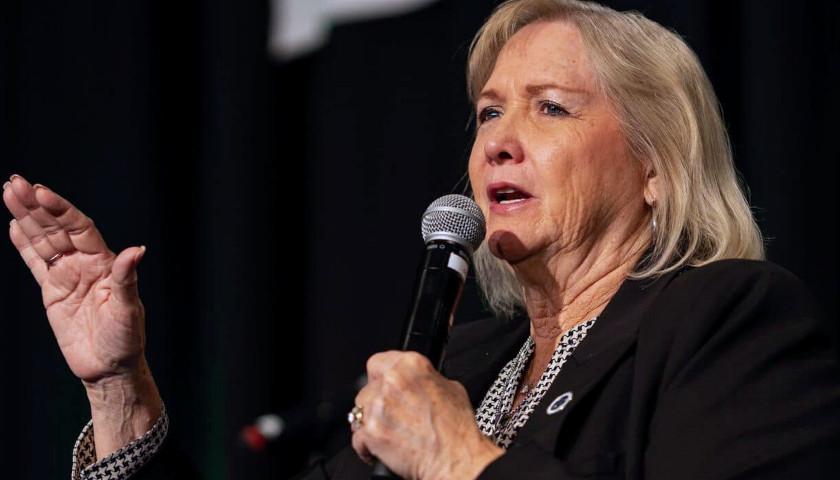The Tennessee Senate voted unanimously on Tuesday to pass the Protect Tennessee Minors Act, which would require online websites that distribute “content harmful to minors” to implement age-verification methods to verify the age of users attempting to access the material.
Read the full storyTag: age verification
Tennessee Pornographic Website Age-Verification Bill Shifts Enforcement to AG
A bill that would require adult pornographic websites to verify the age of those viewing the website in Tennessee advanced in the Senate on Tuesday after a change to lower the costs of its implementation.
Senate Bill 1792 initially had a fiscal note saying it would cost the state more than $4 million in the first year and then $2 million each year after that.
Read the full storyUnderage Porn Access Could be Felony in Tennessee for Website
A Tennessee bill would make it a felony for an adult content website allows access to a minor without age verification.
The offense would become a class C felony and the entity would be liable for damages, including attorney’s costs and court fees.
Read the full storyCommentary: The Need for Federal Legislation Requiring Age Verification for Porn Websites
Nearly 80% of children between the ages of 12 and 17 have unintentionally come across pornography, and over 50% of them actively seek it out. Even among younger children—those between 9 and 11—37% have seen porn.
Frequent exposure to pornography at a young age cultivates unhealthy views of sexuality and an inclination toward violent behavior. Children may develop a poor understanding of what constitutes a healthy relationship, what behavior is appropriate or inappropriate, how to establish and maintain boundaries, and the importance of respecting other people’s boundaries.
Read the full storyOhio Bill Would Require Porn Companies to Get Age Verification
Disregarding age restrictions for pornography and creating sexual “deepfakes” may soon trigger criminal charges in Ohio.
A proposal offered in the state legislature makes distributing sexually explicit material without verifying a customer’s age a third-degree felony. Likewise, minors caught lying about their identity to access porn would face a fourth-degree misdemeanor.
Read the full storyFederal Judge Rules Texas Law Requiring Age Verification on Porn Sites First Amendment Violation
A federal judge has ruled that a Texas law requiring pornography sites to install age-verification measures violates the Constitution’s First Amendment prohibition against free-speech restrictions.
The law also requires such sites to prominently display warning labels about what some consider the dangers of porn.
Read the full storyFederal Judge Blocks Law Requiring Age Verification for Social Media
A federal judge blocked an Arkansas law Thursday that requires age verification for social media users.
Arkansas’ Social Media Safety Act, which restricts minors from creating social media accounts without parental consent, was scheduled to take effect Friday. U.S. District Court Judge for the Western District of Arkansas Timothy Brooks, an Obama appointee, sided with NetChoice, a group that includes companies like Google and TikTok, and temporarily blocked the law from being enforced.
Read the full storyCrom Carmichael and Jackie Colbeth Analyze Utah’s New Social Media Law
Friday morning on The Tennessee Star Report, host Leahy welcomed the original all-star panelist Crom Carmichael and Davidson County Republican Party Regional Vice Chair Jackie Colbeth in studio to weigh in on Utah’s recent legislation preventing the use of social media apps of children under the age of 18.
Read the full story







